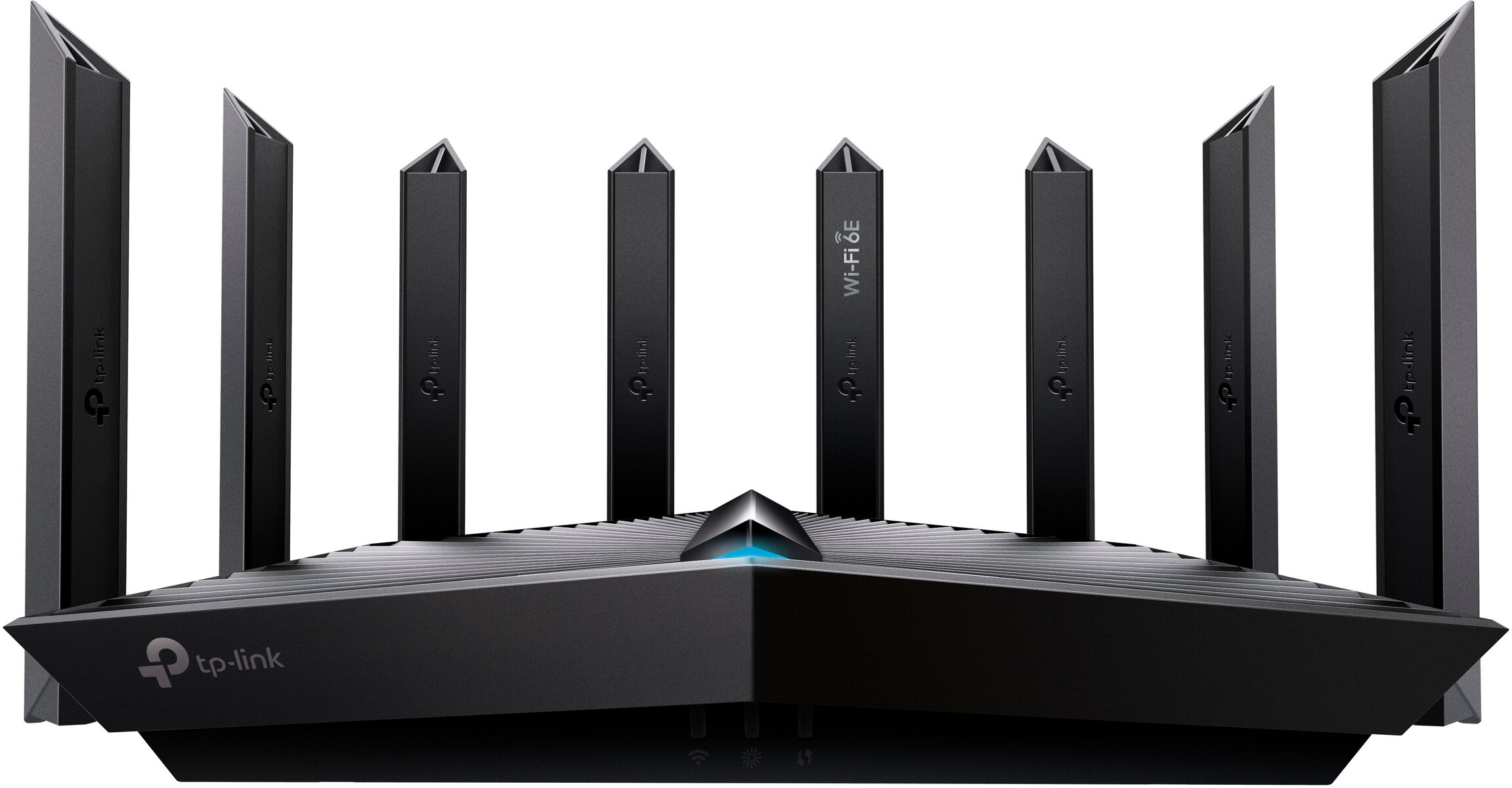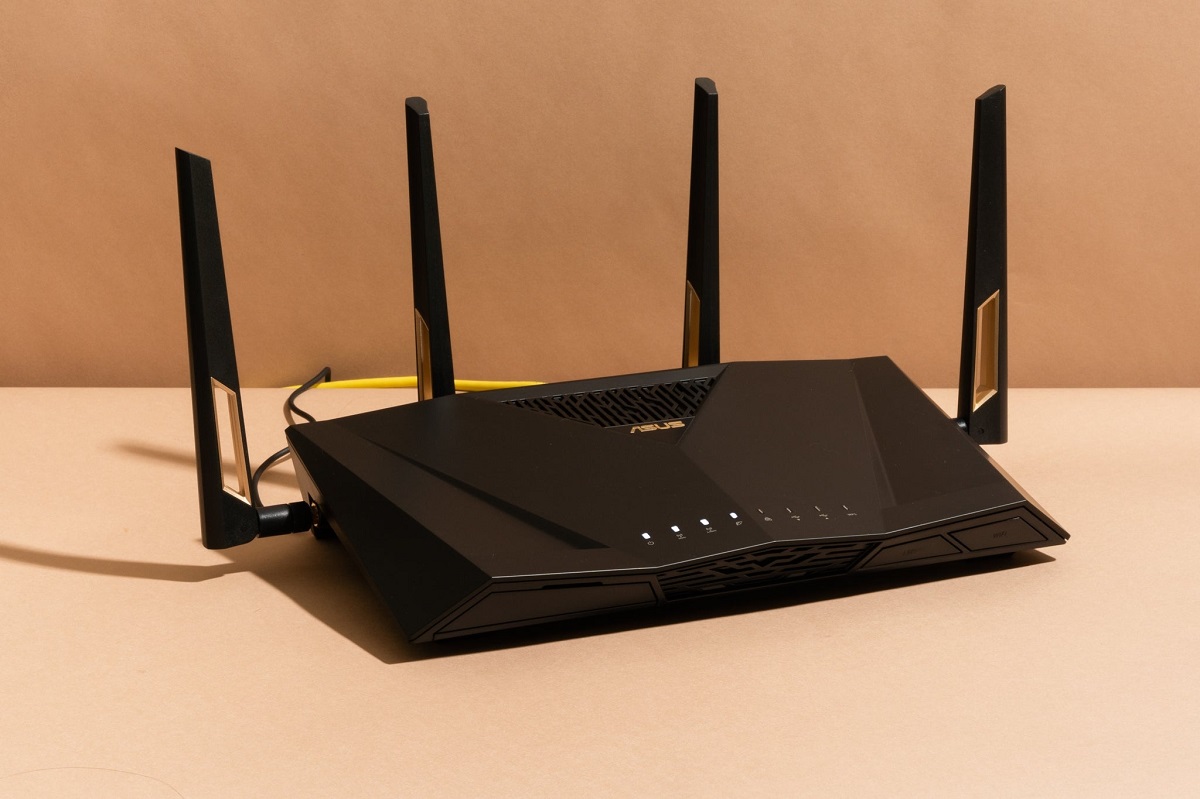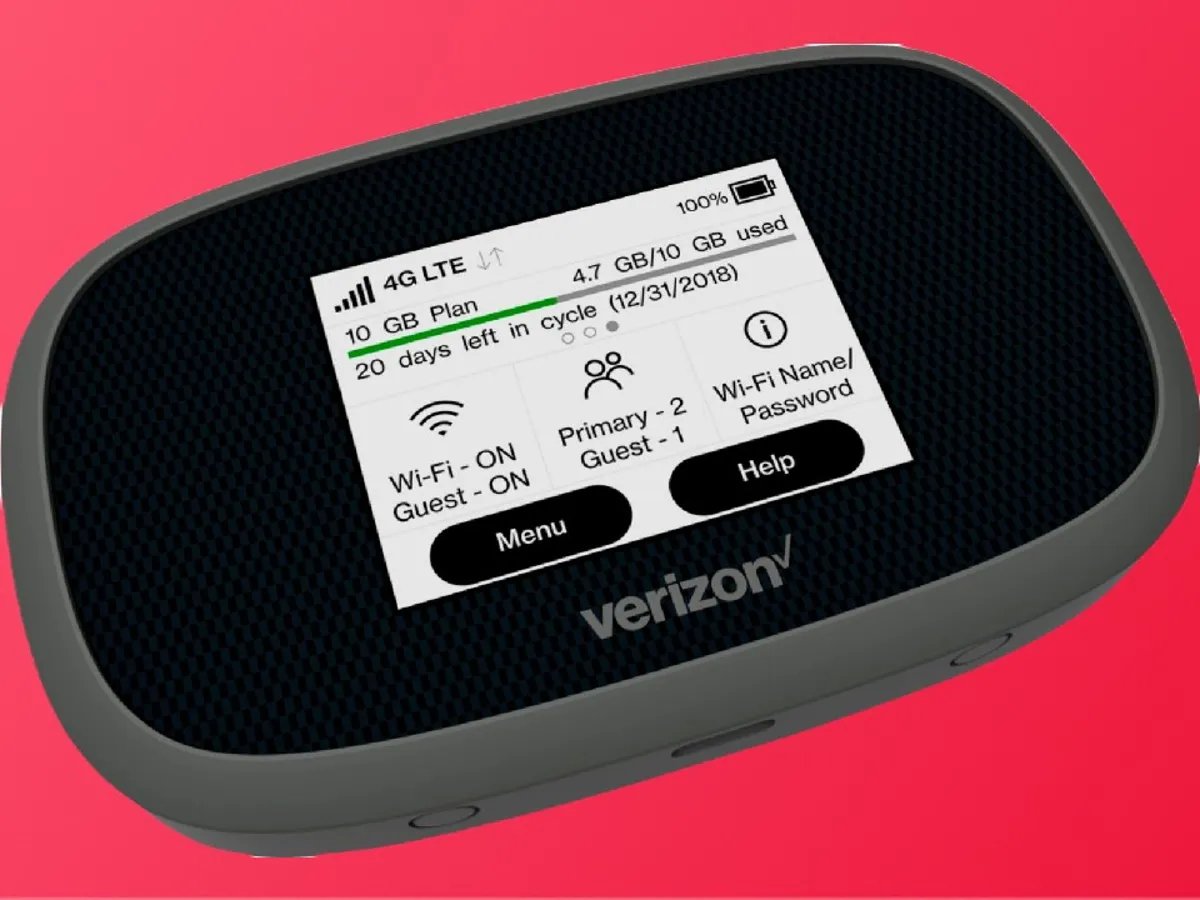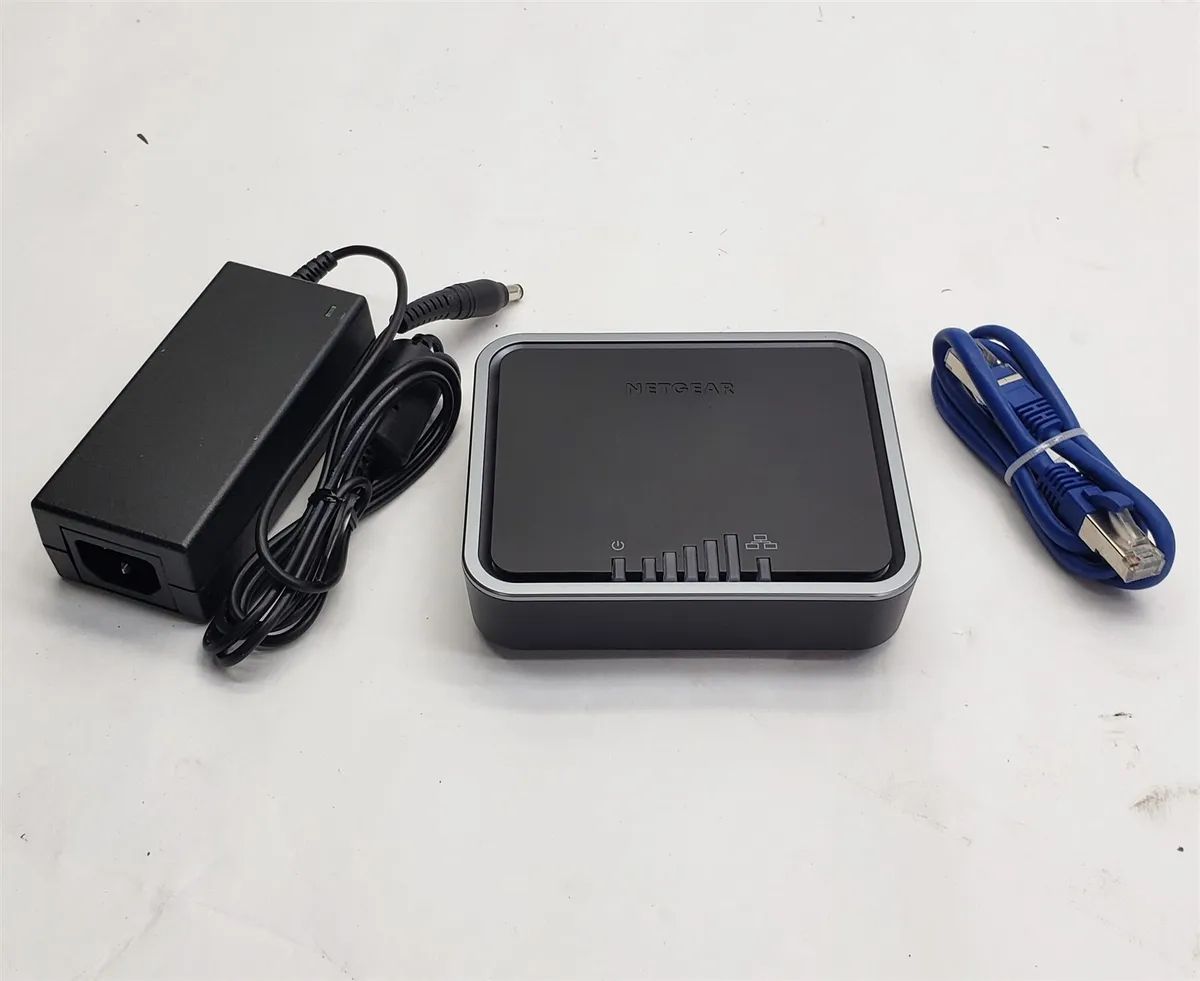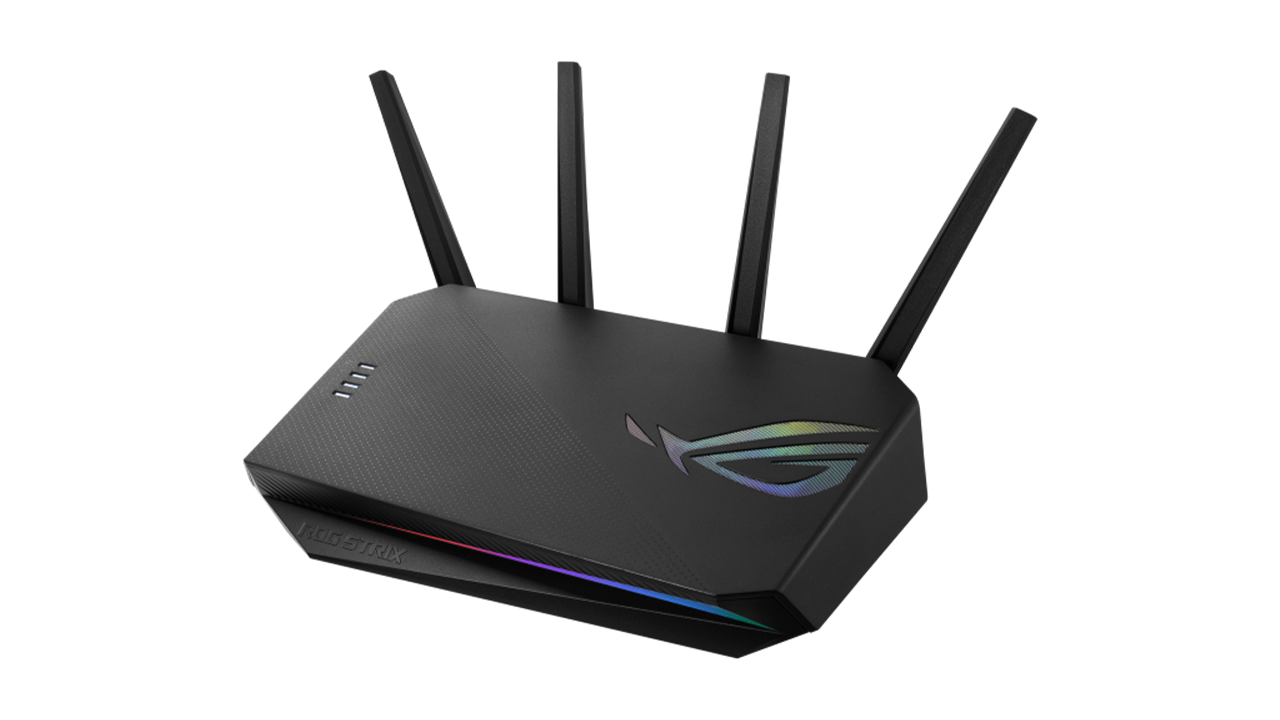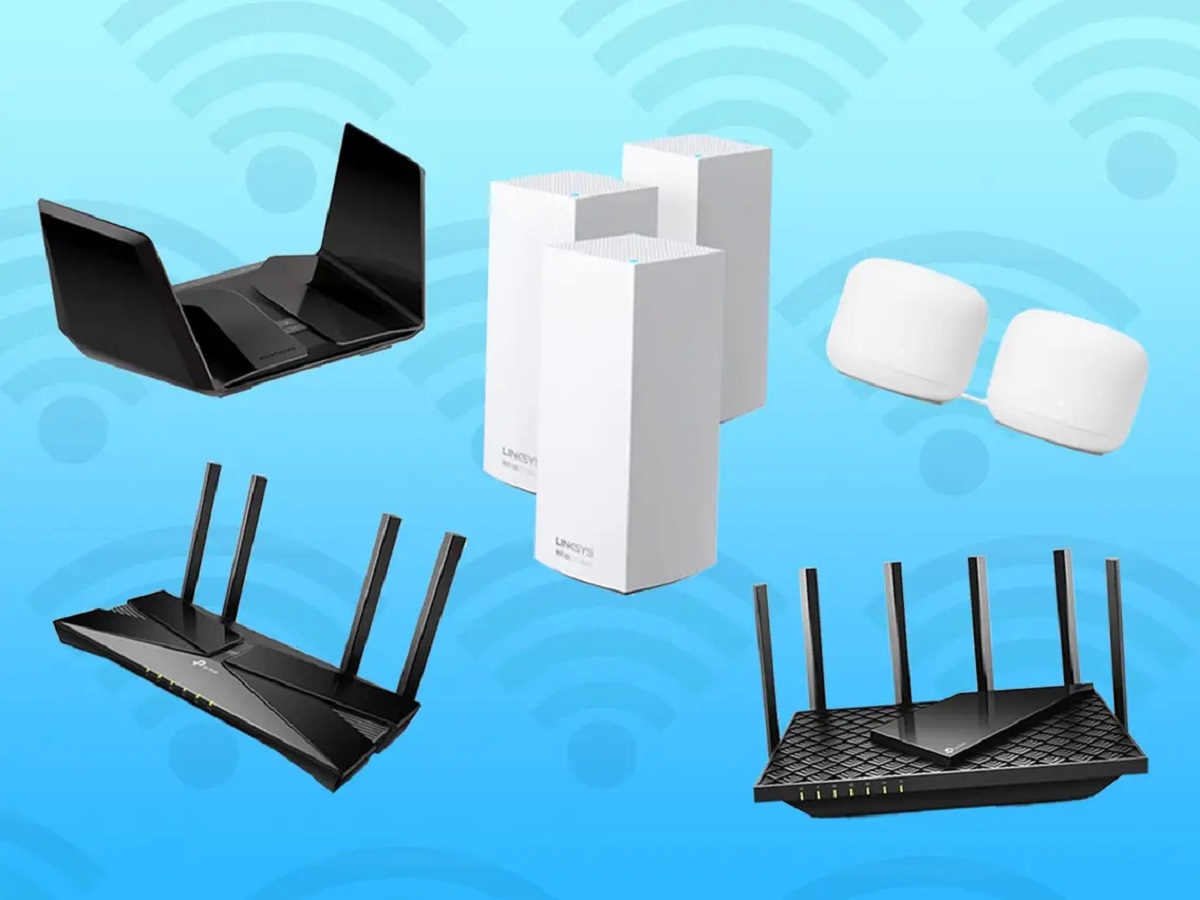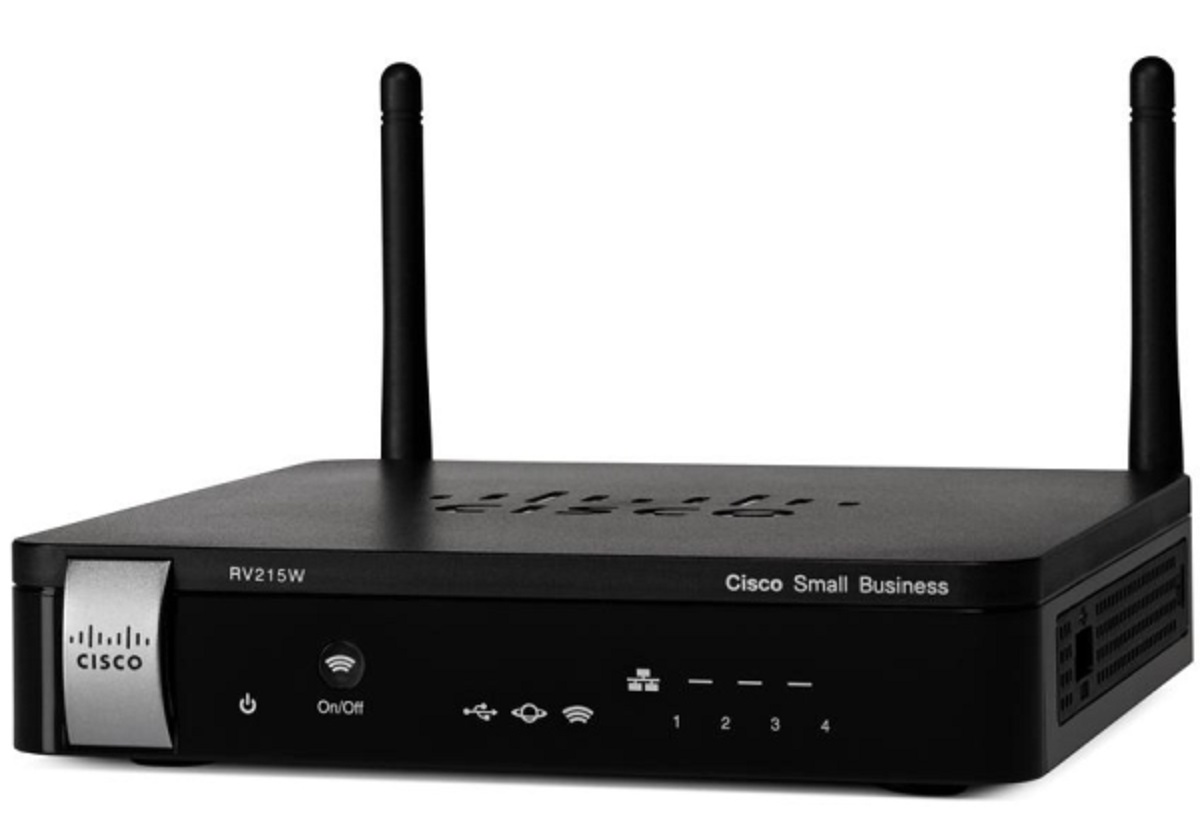Introduction
Welcome to our guide on finding the best wireless router for Sky Broadband! As more and more devices connect to the internet in our homes, having a reliable and high-performing wireless router is essential. A suitable router ensures that you can enjoy fast and stable internet connections throughout your home, whether you’re streaming movies, gaming, or simply browsing the web. In this article, we will explore the key factors to consider when choosing a wireless router for Sky Broadband and provide some top recommendations that are compatible with this popular internet service provider.
When it comes to choosing a wireless router for Sky Broadband, there are several important considerations to keep in mind. From compatibility and performance to security features and budget, making the right choice can significantly impact your online experience. We will discuss each of these factors in detail and provide some valuable insights to help you make an informed decision.
Whether you’re a heavy internet user or have a large household with multiple devices, finding a wireless router that meets your specific needs is crucial. With the right router, you can enjoy seamless connectivity, eliminate dead zones, and maximize the potential of your Sky Broadband connection. So, without further ado, let’s delve into the factors you should consider when selecting a wireless router for Sky Broadband and discover some top recommendations that can enhance your online experience.
Factors to Consider When Choosing a Wireless Router for Sky Broadband
When looking for a wireless router for your Sky Broadband connection, it’s important to consider several factors to ensure that you choose the right one for your specific needs. Here are some key factors to keep in mind:
- Compatibility with Sky Broadband: The first and most crucial factor to consider is compatibility. Ensure that the wireless router you choose is compatible with Sky Broadband. Check the router’s specifications or consult with the manufacturer to verify compatibility.
- Performance and Coverage: Opt for a wireless router that offers excellent performance and wide coverage. Look for routers with strong signal strength and high data transfer rates to ensure a reliable and fast internet connection throughout your home.
- Wireless Standards (Wi-Fi 5 vs. Wi-Fi 6): Consider the wireless standards supported by the router. Wi-Fi 5 (802.11ac) and Wi-Fi 6 (802.11ax) are the most common standards. Wi-Fi 6 offers faster speeds and better performance in congested environments, making it a future-proof option.
- Security Features: Protecting your network from unauthorized access is crucial. Look for routers that offer robust security features such as WPA3 encryption, guest network support, and parental controls to safeguard your network and personal information.
- Number of Devices Supported: Take into account the number of devices you intend to connect to the router. Select a router that can handle the traffic and bandwidth requirements of all your devices without compromising performance.
- Budget: Set a budget range and choose a wireless router that offers a good balance between features and affordability. There are routers available at various price points, so you can find one that fits your budget without sacrificing performance.
By considering these factors, you can make an informed decision when selecting a wireless router for your Sky Broadband connection. Now, let’s move on to the next section where we will provide our top recommendations for wireless routers that are compatible with Sky Broadband.
Compatibility with Sky Broadband
One of the most important factors to consider when choosing a wireless router for Sky Broadband is compatibility. You need to ensure that the router you select is compatible with Sky Broadband to ensure seamless connectivity and optimal performance.
Sky Broadband uses ADSL, VDSL, and Fiber technologies. Therefore, it’s crucial to choose a router that supports these connection types. Most modern routers are compatible with these technologies, but it’s always best to double-check the specifications provided by the manufacturer.
Additionally, Sky Broadband offers different types of packages, including standard broadband and fiber. The type of package you have subscribed to will determine the type of router you need. With standard broadband, you can use any router that supports ADSL or VDSL connections. However, if you have subscribed to Sky Fibre or Sky Ultrafast Fiber, you will need a router that is specifically compatible with fiber connections.
When choosing a router, make sure to consider the maximum download and upload speeds supported by the device. Sky Broadband offers different speed packages, so it’s essential to choose a router that can handle the specific speed you have subscribed to. The router’s specifications will indicate the supported speeds, so you can easily check if it aligns with your Sky Broadband package.
Moreover, it’s worth noting that some routers come pre-configured with settings specifically optimized for Sky Broadband. These routers often have firmware that supports Sky’s unique network protocols, making the setup process easier and ensuring a smoother connection. However, this doesn’t mean you are limited to using only these routers. You can still use other compatible routers by manually configuring the settings to work with Sky Broadband.
In summary, when selecting a wireless router for Sky Broadband, always check its compatibility with the type of broadband service you have, whether it’s ADSL, VDSL, or Fiber. Additionally, ensure that the router supports the maximum download and upload speeds for your specific Sky Broadband package. By choosing a compatible router, you can enjoy a reliable and seamless internet connection.
Performance and Coverage
When selecting a wireless router for your Sky Broadband connection, it’s essential to consider the performance and coverage it offers. The performance of a router determines its speed, stability, and overall reliability, while the coverage determines how far the Wi-Fi signal can reach within your home.
Firstly, consider the router’s speed capabilities. Look for routers that support the latest wireless standards, such as Wi-Fi 5 (802.11ac) or Wi-Fi 6 (802.11ax). These standards provide faster speeds and better overall performance compared to older standards. Wi-Fi 6 is especially recommended for future-proofing your network, as it offers improved efficiency and can handle multiple devices simultaneously.
Furthermore, take into account the antenna design and placement of the router. Routers with multiple external antennas tend to provide better coverage and can transmit signals further. Adjustable antennas allow you to position them for optimal signal direction and coverage within your home.
Consider the size of your home and the layout of the rooms when assessing coverage. If you have a large home or multiple floors, you may need a router with stronger signal strength or mesh Wi-Fi systems that can extend coverage to eliminate dead zones. Mesh systems consist of multiple devices that work together to create a seamless network throughout your home.
Another factor to consider is the presence of features like beamforming and MU-MIMO (Multi-User, Multiple Input, Multiple Output). Beamforming focuses the wireless signal specifically towards connected devices, resulting in better performance and range. MU-MIMO allows the router to communicate with multiple devices simultaneously, reducing lag and ensuring smoother connections.
Additionally, it’s worth mentioning that some routers have quality of service (QoS) features. QoS allows you to prioritize specific devices or applications, ensuring a stable connection even if multiple devices are consuming bandwidth simultaneously.
When choosing a wireless router for Sky Broadband, consider factors such as speed, coverage, antenna design, and additional features like beamforming and MU-MIMO. By selecting a router that offers strong performance and ample coverage, you can enjoy fast and reliable internet throughout your home.
Wireless Standards (Wi-Fi 5 vs. Wi-Fi 6)
When choosing a wireless router for your Sky Broadband connection, it’s crucial to consider the wireless standards supported by the router. The two most common wireless standards are Wi-Fi 5 (802.11ac) and Wi-Fi 6 (802.11ax). Understanding the differences between these standards can help you make an informed decision.
Wi-Fi 5, also known as 802.11ac, is the previous generation of wireless technology. It offers fast speeds and excellent performance, making it suitable for most households. Wi-Fi 5 routers are widely available, and they are generally more affordable compared to Wi-Fi 6 routers. If you have a small or medium-sized home with a moderate number of devices, a Wi-Fi 5 router should meet your needs.
On the other hand, Wi-Fi 6, also known as 802.11ax, is the latest wireless standard. It offers even faster speeds, lower latency, and improved performance in congested environments. Wi-Fi 6 routers are designed to handle the increasing demands of modern devices and the growing number of connected devices in our homes. If you have a large home or live in an area with many Wi-Fi networks around, a Wi-Fi 6 router can provide better overall performance and handle multiple devices more efficiently.
One advantage of Wi-Fi 6 is its ability to use OFDMA (Orthogonal Frequency Division Multiple Access). OFDMA allows multiple devices to share the same channel simultaneously, resulting in better efficiency and reduced congestion. This is especially beneficial in households with many smart home devices, gaming consoles, and streaming devices that require a stable and fast connection.
However, it’s important to note that to fully take advantage of Wi-Fi 6’s capabilities, both the router and the connected devices need to support this standard. If you have older devices that do not support Wi-Fi 6, they will still be able to connect to a Wi-Fi 6 router but may not experience the same performance benefits as devices that are Wi-Fi 6 compatible.
In summary, Wi-Fi 6 is the latest wireless standard that offers faster speeds, improved performance in congested environments, and better efficiency in handling multiple devices. If you have a larger home or have numerous connected devices, considering a Wi-Fi 6 router for your Sky Broadband connection can provide a better online experience. However, if your home is smaller and you have mostly Wi-Fi 5 compatible devices, a Wi-Fi 5 router may suit your needs and be more cost-effective.
Security Features
When choosing a wireless router for your Sky Broadband connection, it’s essential to consider the security features it offers. Protecting your network from potential threats and unauthorized access is crucial in today’s digital landscape. Here are some key security features to look for:
WPA3 Encryption: The latest encryption standard, WPA3, provides enhanced security compared to its predecessor, WPA2. Look for routers that support WPA3 encryption to ensure that your network is protected from potential security vulnerabilities.
Guest Network Support: Guest network support allows you to create a separate network for guests to connect to without giving them access to your main network. This helps protect your personal devices and data while allowing others to use your Wi-Fi network.
Firewall: Routers equipped with a built-in firewall can block unauthorized access attempts and protect your network from external threats. A firewall acts as a barrier between your network and the internet, preventing malicious activities and protecting your personal information.
Parental Controls: If you have children at home, parental controls are an essential feature to consider. Parental control settings allow you to restrict access to certain websites and control the amount of time your children spend online, ensuring a safe and secure browsing experience.
VPN (Virtual Private Network) Support: VPN support allows you to establish a secure connection to another network over the internet. This is especially useful when accessing sensitive information or using public Wi-Fi networks, as it encrypts your data and ensures privacy.
Regular Security Updates: Check if the router manufacturer provides regular firmware updates. These updates often include security patches and bug fixes, ensuring that your router stays protected against the latest threats.
Remember, even with robust security features on your router, it’s important to follow best practices such as setting strong passwords, regularly updating the router’s firmware, and avoiding suspicious links and downloads to ensure the overall security of your network.
In summary, when choosing a wireless router for Sky Broadband, prioritize routers with advanced security features such as WPA3 encryption, guest network support, firewall protection, parental controls, VPN support, and regular firmware updates. By selecting a router with these security features, you can have peace of mind knowing that your network is protected against potential threats.
Number of Devices Supported
When selecting a wireless router for your Sky Broadband connection, it’s important to consider the number of devices it can support. As the number of internet-connected devices in our homes continues to increase, having a router that can handle multiple devices simultaneously is crucial for a smooth online experience.
Routers have a limit on the number of devices they can effectively support. This limit is determined by factors such as the router’s processing power, memory, and the capabilities of its wireless radios. The number of devices a router can handle can vary significantly between models.
If you have a small household with only a few devices, a standard router may suffice. These routers typically support around 10-15 devices simultaneously. However, if you have a larger family or a home with many smart home devices, gaming consoles, and streaming devices, you may need a router with higher device capacity.
Some routers are designed specifically to handle a high number of devices. These routers often have more powerful processors, greater memory capacity, and advanced technology to support simultaneous connections without sacrificing performance. Look for routers that advertise their ability to support a high number of devices to ensure that your network can handle all your connected devices.
It’s worth noting that having more devices connected to your router can impact the overall network performance. Bandwidth allocation and data transfer can be slower as more devices compete for resources. Therefore, it’s essential to select a router with sufficient capacity to avoid network congestion and ensure that each device receives adequate bandwidth for uninterrupted connections.
Another consideration is the router’s ability to prioritize devices or allocate bandwidth effectively. Some routers have quality of service (QoS) features that allow you to prioritize certain devices or types of traffic, ensuring that devices with higher priority get more bandwidth when needed.
When choosing a router for your Sky Broadband connection, consider how many devices you need to connect and how many devices the router can effectively handle. By selecting a router with a higher capacity, you can ensure that all your devices receive optimal connectivity and performance.
Budget
When selecting a wireless router for your Sky Broadband connection, it’s important to consider your budget. Routers come in a wide range of prices, and determining your budget beforehand can help narrow down your options and find the best router that fits within your price range.
It’s worth noting that the cost of a router is often reflective of its features, performance, and capabilities. Higher-priced routers generally offer more advanced features, better performance, and improved coverage. However, this doesn’t mean that you need to spend a fortune to get a reliable and suitable router for your needs.
Consider the specific requirements of your home network and your internet usage habits when setting your budget. If you have a small home with a limited number of devices and basic internet needs, a more affordable router may meet your requirements perfectly. On the other hand, if you have a larger home with numerous devices and demanding internet usage, investing in a higher-priced router with better performance and coverage may be worthwhile.
It’s also worth mentioning that while top-of-the-line routers may have impressive features, they are not always necessary for every household. Assess your specific needs and prioritize the features that are essential for you. This way, you can avoid overspending on features you may not use or benefit from.
When considering the budget, it’s important to strike the right balance between affordability and quality. Research different routers within your budget range, read reviews, and compare the features they offer. This way, you can make an informed decision and ensure that you get the most value for your money.
Remember that the initial cost of the router is not the only factor to consider when budgeting. Keep in mind ongoing costs such as maintenance, firmware updates, and potential future upgrades or replacements. Choosing a reputable brand with a good track record of support and reliability can help minimize these costs in the long run.
In summary, determine your budget based on your specific needs and requirements. Consider the performance, features, and coverage you need for your home network. By assessing these factors and finding a router that strikes the right balance between affordability and quality, you can make a budget-conscious decision without compromising on your internet experience.
Recommended Wireless Routers for Sky Broadband
Now that we have discussed the factors to consider when choosing a wireless router for your Sky Broadband connection, it’s time to explore a few recommended routers that are compatible and offer excellent performance. Here are some top picks:
- Linksys Velop Tri-Band: This mesh Wi-Fi system offers exceptional coverage and performance, making it ideal for larger homes. With its tri-band technology and multiple nodes, it creates a seamless Wi-Fi network throughout your home, eliminating dead zones.
- TP-Link Archer AX6000: If you’re looking for a high-performance Wi-Fi 6 router, the Archer AX6000 is a great choice. It offers incredibly fast speeds, great coverage, and advanced features like beamforming and MU-MIMO.
- ASUS RT-AX88U: Another Wi-Fi 6 router, the RT-AX88U combines speed, coverage, and advanced security features. Its powerful hardware ensures fast and reliable connections, even with multiple devices connected simultaneously.
- NETGEAR Nighthawk X6: Designed for heavy internet usage, the Nighthawk X6 is a tri-band router that delivers excellent performance and coverage. It’s equipped with advanced QoS features for prioritizing bandwidth and supports seamless streaming and gaming.
- Google Nest Wi-Fi: For those seeking simplicity and ease of use, the Google Nest Wi-Fi is a reliable option. It offers good coverage and a user-friendly interface, making it suitable for small to medium-sized homes.
These are just a few examples of wireless routers that are known for their compatibility with Sky Broadband and their excellent performance. However, there are many other routers available on the market that may suit your specific needs and preferences.
Before making a purchase, it’s important to research each router, read reviews, and determine if it aligns with your specific requirements. Consider factors such as coverage, performance, security features, and budget to find the router that best suits your needs and enhances your Sky Broadband experience.
Remember, technology and router models are always evolving, so it’s a good idea to stay up-to-date with the latest releases and advancements in the market to choose the most suitable router for your needs.
Conclusion
Choosing the right wireless router for your Sky Broadband connection is essential to ensure a reliable, fast, and secure internet experience. By considering factors such as compatibility, performance and coverage, wireless standards, security features, the number of devices supported, and your budget, you can make an informed decision that meets your specific needs.
Ensure that the router you choose is compatible with Sky Broadband and supports the appropriate broadband technology or fiber connection. Consider the performance and coverage capabilities of the router to ensure you have a strong and stable Wi-Fi signal throughout your home.
When it comes to wireless standards, Wi-Fi 6 routers offer improved performance and efficiency for households with multiple devices, while Wi-Fi 5 routers can still provide a reliable connection for smaller homes with moderate internet needs.
Security features are also crucial, so look for routers that offer WPA3 encryption, firewall protection, guest network support, and parental controls to protect your network and sensitive information.
Consider the number of devices you need to connect and choose a router with sufficient capacity to handle simultaneous connections without compromising performance.
Lastly, set a budget range and find a wireless router that provides the best balance between affordability and quality, ensuring that it meets your specific needs without overspending.
With a well-chosen wireless router, you can optimize your Sky Broadband connection, eliminate dead zones, and enjoy seamless connectivity across all your devices. Take the time to research, compare options, and read reviews to make an informed decision, and remember to keep in mind future technology advancements to future-proof your home network.









